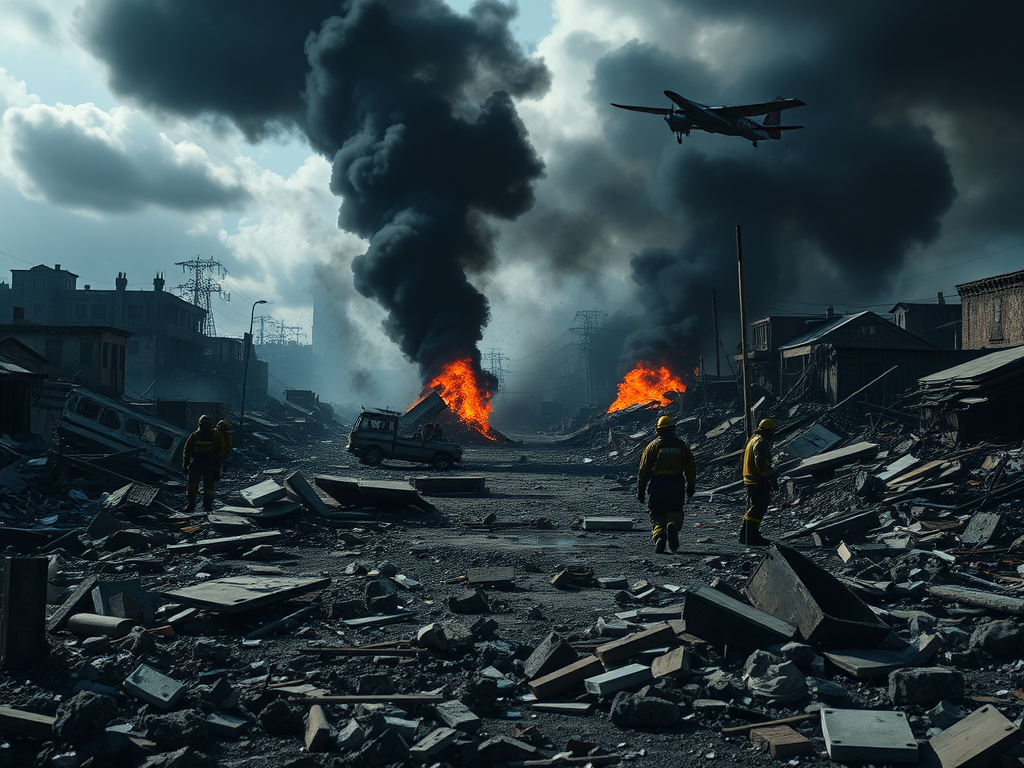A disaster is a critical incident that affects whole communities and causes massive, widespread, as well as collective stress and human suffering that requires assistant to recover.

Major classifications of disasters
❖ Naturally occurring (earthquake, flooding, bushfire)
❖ Human-caused (war, genocide, terror, etc.)
❖ Pandemic (COVID-19, Swine Flu, etc.)
❖ Accident (car accident, airplane crash, building collapsed, etc.
Impacts of disaster
Disaster can create a wide range of problems experienced at the individual, family, community as well as societal levels.
1) At the individual level, disaster can create high distress, anxiety, moreover traumatic stress, etc.
2) At the family level, disaster can interrupt family life and separation of children from families, family financial hardship, etc.
3) At the community level, people need to be displaced community, traditional events and festival, social life and also other kind of activities the community have been doing for generation can be disrupted.
4) At every level, emergencies disrupt available services and it increases the risks of diverse problems and tend to amplify pre-existing problems. so The psychological trauma as a result of an event is powerful and upsetting incident that intrude on daily life.
Common reaction to disaster
Whenever you deal with a disaster remember the following facts
❑ Majority of people show some change after a traumatic / distressing event.
❑ These reactions are normal and also psychological stress will improve over time.
❑ Those events will not traumatize everybody.
❑ The majority will be distressed; only a small number will be chronic traumatized.
❑ Everyone reacts differently depend on different risk and protective factors.
1.Disasters, climate and crises
2.Salim